Keywords: Humane
There are more than 200 results, only the first 200 are displayed here.
-
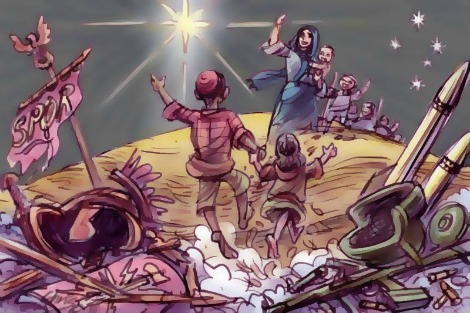
AUSTRALIA
- Andrew Hamilton
- 17 December 2015
19 Comments
The pastel coloured domesticity of the images of Jesus' birth does not do justice to its context. Herod's sending out first his spies to find where the Messiah was to be born, and then his soldiers to eradicate the threat the child posed to national security, may not appear on Christmas cards, but they frame the story of Jesus' birth. The disjunction between the tenderness of the Christmas stories and the brutality of their public context is mirrored in the conflict between the humane values of the Gospel and the harsh instrumental values of the public world in any age.
READ MORE 
-

RELIGION
- Frank Brennan
- 09 December 2015
2 Comments
'I joined the Jesuits in 1975 just as the previous 32nd General Congregation (GC32) was concluding. Pedro Arrupe was at the height of his powers. That Congregation asked the question: 'What is it to be a companion of Jesus today?' and answered unequivocally, 'It is to engage, under the standard of the Cross, in the crucial struggle of our time: the struggle for faith and that struggle for justice which it includes.' I have always regarded myself as a GC32 Jesuit. Many of those who gathered for GC33 thought that the GC32 mission was a little too one-dimensional. I suspect Bergoglio was one of those.' Frank Brennan on the eve of the Catholic Church's Jubilee Year of Mercy.
READ MORE
-

RELIGION
- Frank Brennan
- 27 November 2015
2 Comments
'The crisis of child sexual abuse in our societies has required that our institutional procedures be more transparent and that we learn from the ways of the world in exercising power openly and justly. This means we have to restructure some of our church arrangements so that power is exercised accountably and transparently. All of us who have positions of influence and power in institutional churches need to be attentive to the voices of those who have suffered within our institutions.' 'Discerning the place for the prophetic voice and pragmatic cooperation of the churches in the great moral questions of the age', address to the Association of Practical Theology in Oceania conference, 26 November 2015.
READ MORE
-
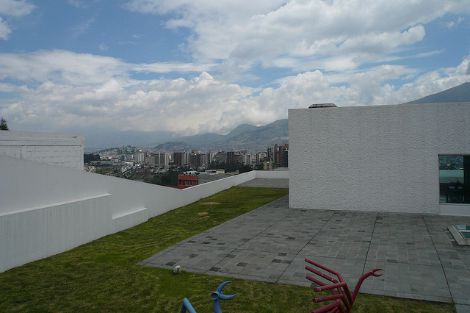
INTERNATIONAL
- Catherine Marshall
- 25 September 2015
1 Comment
On a terrace just below the house is the beloved, late Ecuadorian artist Guayasamin's masterpiece, La Capillla del Hombre. A collection of his imposing artworks fills the space, works that ask the unanswerable question: why is man equally capable of such cruelty, and such compassion? It is a question that all good art should pose — a point that Australia's newly appointed Minister for the Arts would do well to remember.
READ MORE 
-
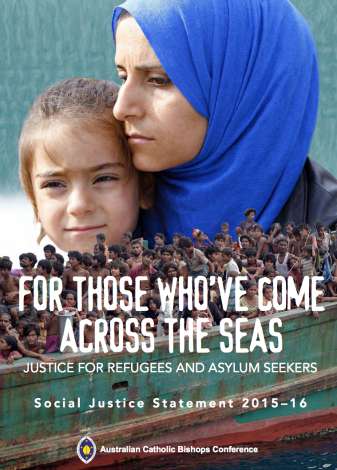
AUSTRALIA
- Andrew Hamilton
- 10 September 2015
9 Comments
The Australian Bishops' 2015 Social Justice Statement on justice for refugees and asylum seekers comes at the right time. It is not likely to receive enthusiastic support from the Government. The Bishops set the tone of their statement with a quote from Pope Francis' uncompromising Lampedusa sermon. Like him, their priority is 'what it takes'.
READ MORE 
-
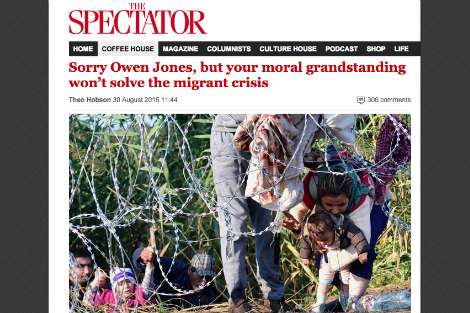
AUSTRALIA
- Tim Robertson
- 09 September 2015
3 Comments
Writing in The Australian this week, Chris Kenny declares: 'Emotion, moral vanity, political posturing and good intentions won't be much of a guide when it comes to making the right decisions and delivering the best results'. He and like minded opinion writers get so much traction because they're essentially correct. Compassion alone is not enough.
READ MORE 
-

- Frank Brennan
- 07 September 2015
11 Comments
I believe in Aylan's inviolable, inherent dignity as a human being like all of us, no matter what side of a national border we might live. I believe that a globe of 7.3 billion people with inviolable, inherent dignity confronts huge challenges and real evil when almost 60 million people are displaced. I believe that secure national borders for a country as geographically and jurisprudentially isolated as Australia confronts an enormous moral challenge, and that we are falling short, badly and selfishly.
READ MORE
-
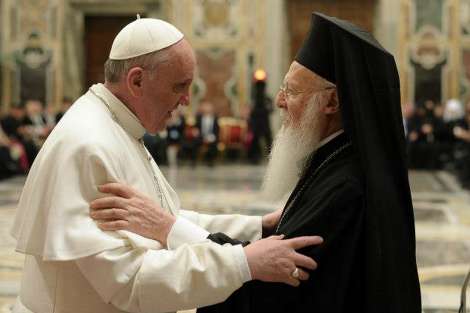
AUSTRALIA
- Andrew Hamilton
- 31 August 2015
5 Comments
Pope Francis has named 1 September as the World Day of Prayer for the Care of Creation. There are many such days, and it will pass unnoticed in many local churches. But his naming of it - and its reception - will reveal much about the style with which he chooses to address environmental degradation, throwing his weight behind the Orthodox Ecumenical Patriarch Bartholomew, who had previously consecrated the day to the Environment.
READ MORE 
-

AUSTRALIA
- Andrew Hamilton
- 27 August 2015
27 Comments
Religious schools have emphasised the transmission of faith and an ethical way of life through a network of relationships, symbols and processes. But this is now being tested, with the dominant view that values and faith are a private matter best hosted inside the family. The operative goals of schools become the academic and economic advancement of individuals, with religious classes and rituals little more than decoration and rhetorical branding.
READ MORE 
-
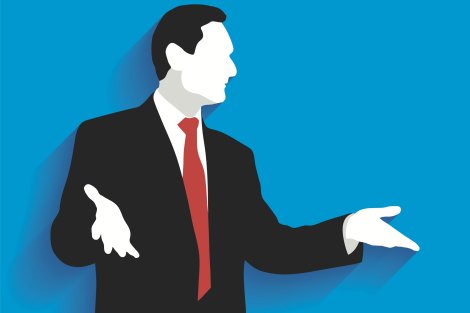
ARTS AND CULTURE
- Maureen O'Brien
- 24 June 2015
4 Comments
What can you do? There's comfort arising from an internal acknowledgement of the fact that, however painful it might be, there are some things beyond our control. But certain role models in our community - including anti domestic violence campaigner Rosie Batty - have demonstrated through their actions that it is possible to move beyond a seemingly all pervasive sense of resignation.
READ MORE 
-
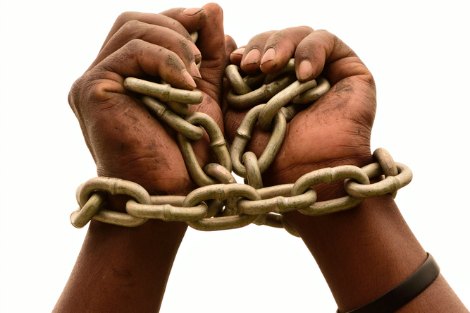
AUSTRALIA
- Andrew Hamilton
- 30 April 2015
33 Comments
Only extremists regard Muslims as enemies. But if a populist and incompetent government were to scapegoat them and declare them to be enemies, as was done to asylum seekers, it would be a short step to build on the laws already introduced with further discriminatory legislation. That in turn would lessen the protections under the law that other groups would enjoy. Of course, this could never happen in Australia. But that is what they once said in Germany, Chile and South Africa.
READ MORE 
-

AUSTRALIA
- Mathew Drogemuller
- 24 April 2015
5 Comments
The tougher the prison is, the tougher the prisoners will get, just to survive. Then, when they are released, all they know is crime and the only people they know are criminals with no money. But it doesn't have to be that way, as Norway's 'no bars' Halden facility demonstrates with its ensuites and flat screen TVs that mirror life 'on the outside' as far as possible.
READ MORE 